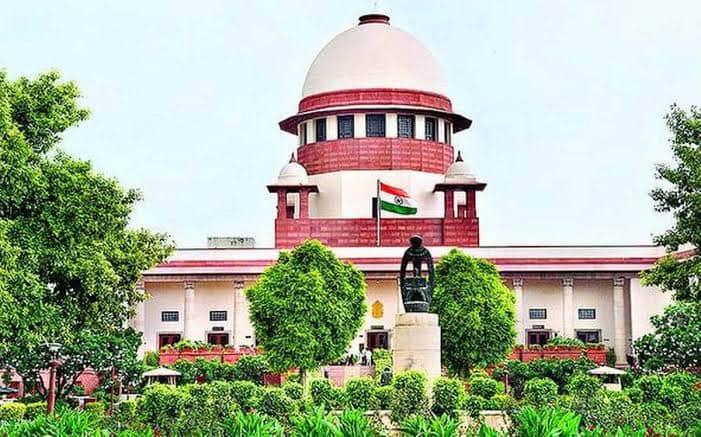
Recently, the Supreme Court took up the issue of excessively long legal submissions after a petitioner filed a 128-page synopsis replete with information considered largely irrelevant. A bench led by Justice Sudhanshu Dhuliya said, “The appellant, who has appeared in person, has filed a synopsis loaded with details much of which is not relevant for our purposes. While understanding that the appellant is not a trained lawyer, it is the Registry’s responsibility to advise the appellant to trim down the synopsis. A synopsis cannot run into 128 pages!”
This prompted the court to direct that the Registrar Judicial take note of such cases, particularly when the litants are appearing in person. The appellant is contesting the validity of an Allahabad High Court order that overturned a 2019 Family Court decision and reinstated a petition under Section 125 of the CrPC. The High Court also mandated that the petition be decided on its merits by the Additional Principal Judge of the Agra Family Court.
While rejecting the special leave petition, the Supreme Court said that the impugned order was in favour of the appellant, as it had only ordered the Agra Family Court to consider the matter afresh after it was earlier dismissed due to non-prosecution. The bench said, “The appellant, instead of appearing before the Family Court in Agra, has directly challenged the High Court’s order before this Court, which we believe is not proper.”
In August 2023, the Supreme Court had already pointed out the need to avoid bulky submissions, as a case came up with a six-page High Court order supported by more than 60 pages of synopsis. The court had disposed of a PIL that sought guidelines to establish a page limit for petitions and written submissions.
During the hearing, former Chief Justice D.Y. Chandrachud had remarked, “How can we say in all matters that there should be a word limit or a page limit on written submissions?” He agreed that the issue raised by the PIL was valid but said it was not easy to lay down a “one size fits all” kind of direction. The Chief Justice invited the petitioner to file concrete suggestions with the Secretary-General of the Supreme Court on the issue that the absence of specific rules regarding page limits contributes to delays in the delivery of justice.



